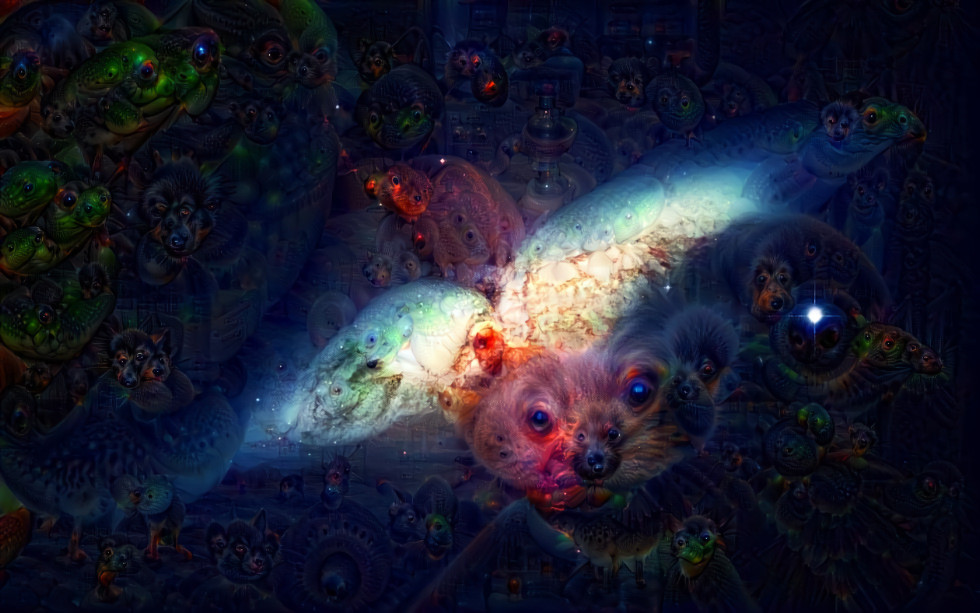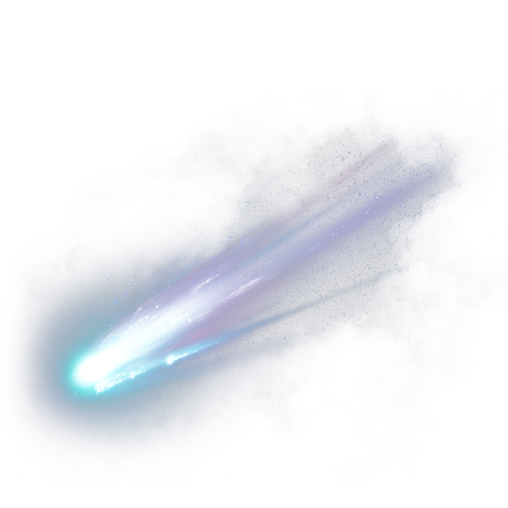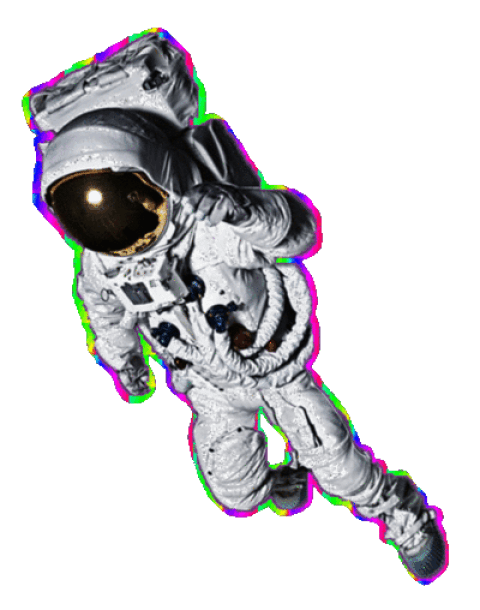Post Views:
1,126
Castelhano, J., Lima, G., Teixeira, M., Soares, C., Pais, M., & Castelo-Branco, M.. (2021). The Effects of Tryptamine Psychedelics in the Brain: A meta-Analysis of Functional and Review of Molecular Imaging Studies. Frontiers in Pharmacology, 12
Plain numerical DOI: 10.3389/fphar.2021.739053
DOI URL
directSciHub download
Show/hide publication abstract
“There is an increasing interest in the neural effects of psychoactive drugs, in particular tryptamine psychedelics, which has been incremented by the proposal that they have potential therapeutic benefits, based on their molecular mimicry of serotonin. it is widely believed that they act mainly through 5ht2a receptors but their effects on neural activation of distinct brain systems are not fully understood. we performed a quantitative meta-analysis of brain imaging studies to investigate the effects of substances within this class (e.g., lsd, psilocybin, dmt, ayahuasca) in the brain from a molecular and functional point of view. we investigated the question whether the changes in activation patterns and connectivity map into regions with larger 5ht1a/5ht2a receptor binding, as expected from indolaemine hallucinogens (in spite of the often reported emphasis only on 5ht2ar). we did indeed find that regions with changed connectivity and/or activation patterns match regions with high density of 5ht2a receptors, namely visual ba19, visual fusiform regions in ba37, dorsal anterior and posterior cingulate cortex, medial prefrontal cortex, and regions involved in theory of mind such as the surpramarginal gyrus, and temporal cortex (rich in 5ht1a receptors). however, we also found relevant patterns in other brain regions such as dorsolateral prefrontal cortex. moreover, many of the above-mentioned regions also have a significant density of both 5ht1a/5ht2a receptors, and available pet studies on the effects of psychedelics on receptor occupancy are still quite scarce, precluding a metanalytic approach. finally, we found a robust neuromodulatory effect in the right amygdala. in sum, the available evidence points towards strong neuromodulatory effects of tryptamine psychedelics in key brain regions involved in mental imagery, theory of mind and affective regulation, pointing to potential therapeutic applications of this class of substances.”

